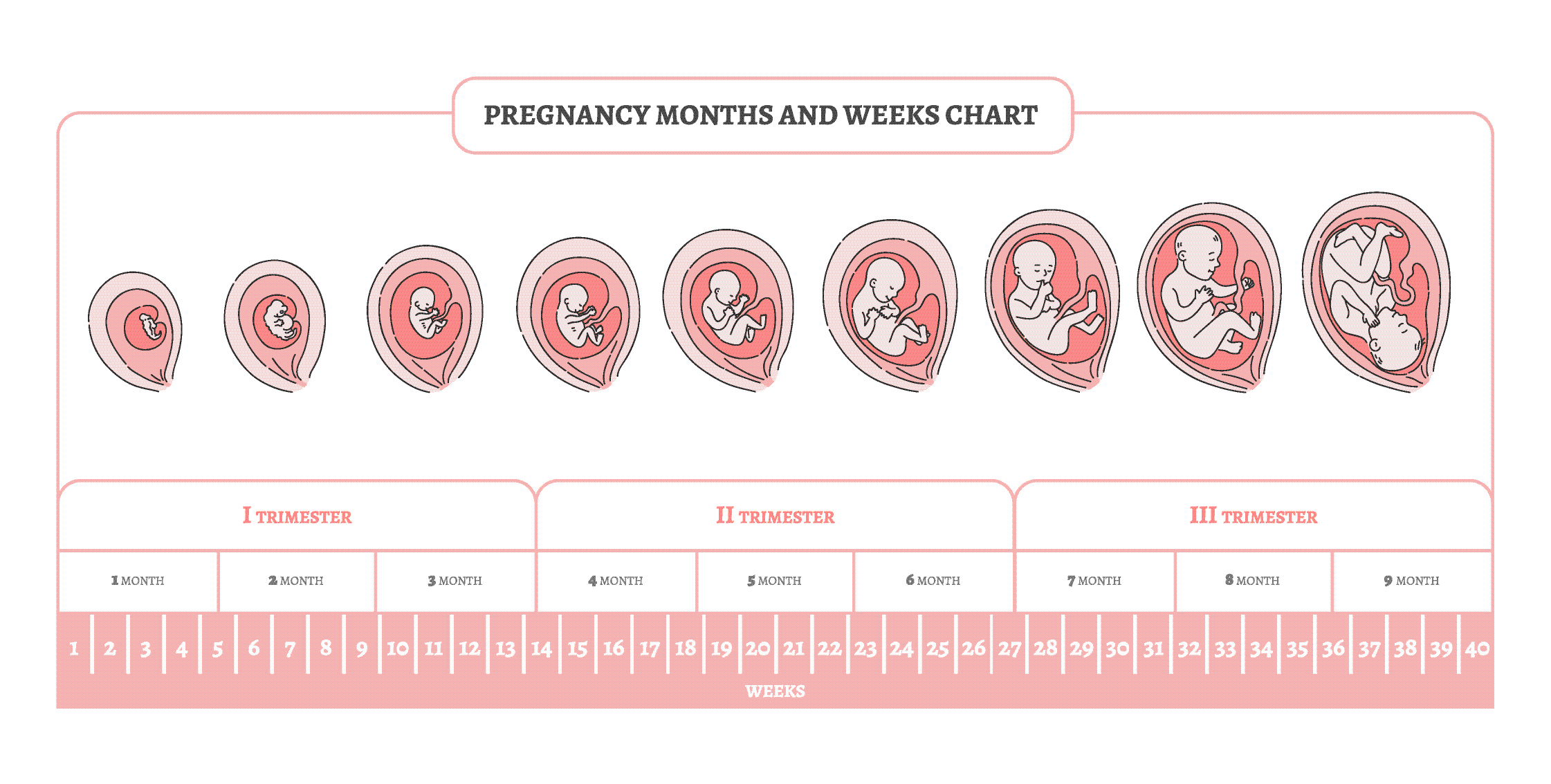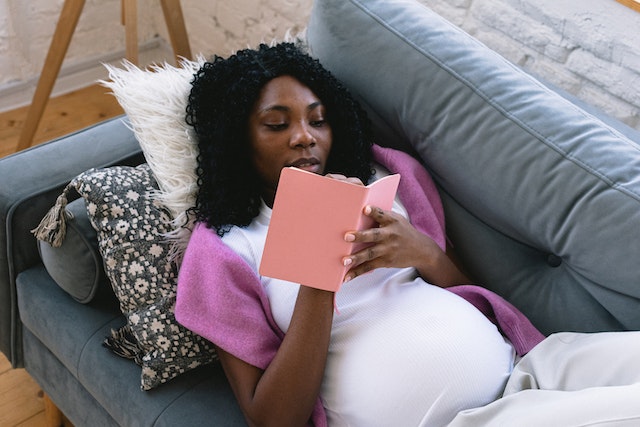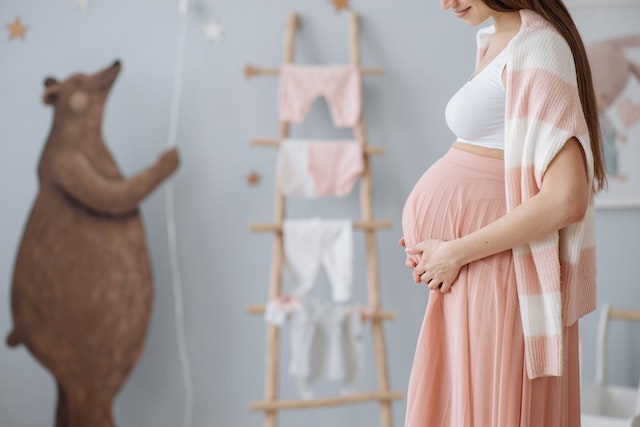First, we need to know what a trimester is: Trimester is a pregnancy period that is divided into 3 groups (trimesters). In this article, we are going to discuss what a woman faces through these 3 trimesters.
The first trimester lasts from 0-13 weeks, the second trimester starts from the 14th week and ends at week 27th whereas the last and the 3rd trimester start at the 26th week and end at the 40th week. It completes a total of 40 weeks which is the 9-month period of a pregnancy, in which a mom carries a baby in her womb for 9 months, in these 9 months she faces many changes, mood swings, joy, fun etc. Throughout your entire pregnancy, you will experience three distinct trimesters. Each stage brings new experiences, physical changes, and joys.
FIRST TRIMESTER: (0-13 weeks, 1-3 months)
Most women experience mild symptoms during the first trimester such as fatigue, nausea, and tender breasts. In this trimester morning, sickness might persist for the entire duration and occasionally longer. Contrary to its name, it doesn’t only happen in the morning. Your uterus is preparing for ovulation and your body is preparing for pregnancy during your last period, which will be your last for a while, so theoretically, you can start counting from this point.
SECOND TRIMESTER: (14-27 weeks, 4-7 months)
During the second trimester, you will likely notice hCG Testing in Your Urine or Feeling Abdominal Pressure (PMS). In addition to feeling more energetic than usual, your belly may begin to protrude more and grow in length. You’ll also notice a stronger smell from your sweat or urine.
The second trimester of pregnancy is typically simpler for women than the first. But during these months, it’s as crucial to keep informed about your pregnancy. You may observe the disappearance of symptoms like nausea and exhaustion. Your body is currently undergoing other, more obvious changes.
THIRD TRIMESTER: (28-40 weeks, 7-9 months)
While many expectant mothers dread the third trimester with its aches and pains, it’s actually considered one of the most special times. This is because it’s when new life unfolds inside your womb.
The third trimester is also known as the ‘trimester where miracles happen. Your baby grows, develops, and begins to change position in preparation for birth during this trimester. In this trimester you get some kicks in your belly from your baby, your feet will become swollen; you’ll face some leakage from your breast as well as you’ll face more urination than usual.
BLESSED AND TOUGH PERIOD:
The human body is an amazing thing, able to withstand immense stress and change without showing any outward signs of discomfort. Some changes are more subtle than others, but there’s no denying that the physical transformation that takes place during pregnancy is pretty remarkable. Pregnancy may be one of the most stressful periods a woman will go through in her lifetime. There’s so much happening beneath the surface of the skin that it seems like everything must hurt at some point or another. But while it may not feel like it on a conscious level, your body is well equipped to handle all of this stress. And once you’re past the first trimester of your pregnancy, most of these changes will pass so quickly that you probably won’t even notice anything was happening until long after they’ve left your body.
It can be overwhelming trying to plan when you’ll have your baby. You want to make sure it’s the right time for you, and for your family. One of the best ways to do that is by planning your pregnancy in advance. Having a preconception plan enables you to prepare for having a baby, whether that means purchasing nursery furniture or having a car ready when you return from extended maternity leave. When is the ideal time to have a baby? Everyone has different opinions on this subject. Some people say that having children is an obligation and there should be no age limit on parenthood. Others may think that it’s best not to plan your family too early in life, but instead, wait until you are older and more settled in life before starting a family.
When it comes to conceiving, most couples rely on natural rhythms. However, an egg may not be the only factor behind successful ovulation. The fertile window is a temporary period of time in which women are most likely to get pregnant thanks to ovulation. The fertile window begins when your body first begins releasing an egg after being exposed to human chorionic gonadotropin (hCG). After that, you’ll have until about the middle of your next menstrual cycle before you begin releasing eggs once again – so don’t wait until then to see if it worked! The length of time your fertile window lasts will vary from woman to woman. Read on for more information about the different phases of your menstrual cycle and how they impact fertility.






